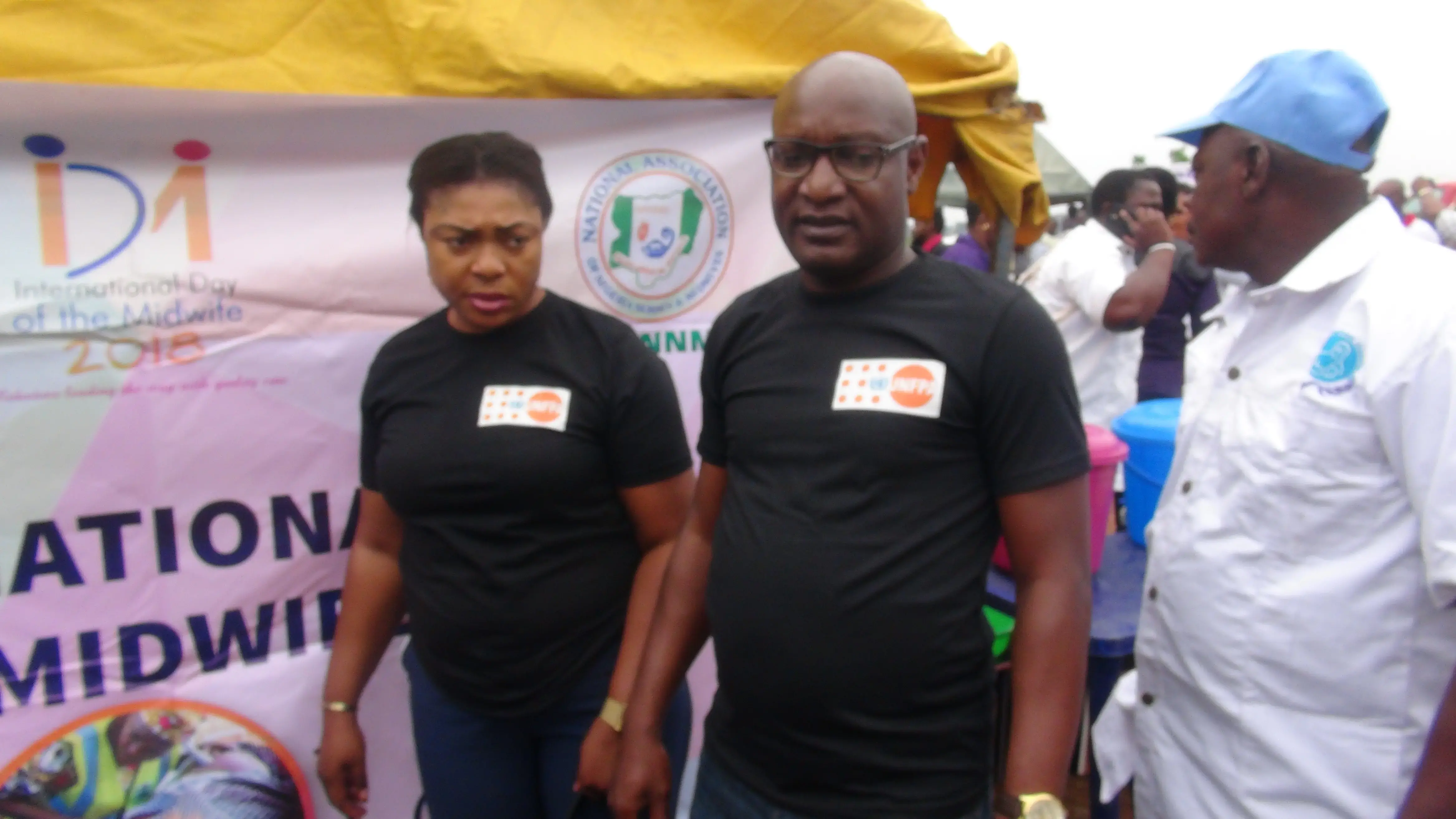LAGOS, Nigeria-In the month of February, 2020 the Federal Government of Nigeria announced the discovery of an index case of the COVID-19 Virus in Nigeria. The patient, after exhibiting symptoms of the virus in Ogun State, was transferred to the Lagos Isolation Centre for treatment.
After several weeks, the index patient recovered and was discharged. However, Lagos continued to track contacts and new cases and have 1183 confirmed COVID-19 cases and 30 deaths as per May 5. So far, a total of 261 people that were previously infected in the state have recovered and been discharged as at May 5.
Prior to the numbers reaching triple figures, the federal government had ordered a lockdown of Lagos and deployment of healthcare personnel to mitigate the impact of the COVID-19 virus. This was complemented with infection prevention information and risk reduction communication.
Clinical and non-clinical approaches has been adopted by the Nigeria Centre for Disease Control (NCDC) and World Health Organisation (WHO). One of these approaches is contact tracing for tracking of all those that might have been in contact with an infected person.
Combining Reliable Approaches
With every new case comes a need for Contact tracing, it is crucial to the whole preventions strategy and detection process as the infectious nature of the COVID-19 virus allows it to spread rapidly from person to person. [UM1]
In a situation where a suspected COVID-19 patient visits a health facility and subsequent tests comes out positive, contact tracing commences at the consulting room or ward where patient was admitted. All healthcare personnel and clients waiting for treatment are contacted one after the other and asked routine questions about their health, and whether they have experienced any symptoms linked to the virus.
In some cases, such health facilities are temporarily closed for decontamination while those suspected of contact are quarantined. Samples are taken from them and they are given thermometers for daily temperature monitoring.
In Lagos, the case search variant was introduced to complement contact tracing, and to ensure a “clean sweep” of possible cases that may have filtered through into the communities. The UNFPA team based in Lagos are supporting this activity with two of its doctors providing expertise, having been in the frontline of previous outbreaks like the Ebola epidemic.
According to Dr. Omolaso Omosehin, who leads the UNFPA team in Lagos, the agency is an important member of the COVID-19 Surveillance Strategic Team. This position allows UNFPA to routinely guide the operations and management of surveillance activities during information gathering trips to residential or health facilities having people with suspected symptoms of COVID-19.
The wealth of experience of UNFPA from the Ebola Response in Nigeria, particularly in Lagos, helped the team focus on pertinent information to pass across to community members - like leaving behind a telephone number of the local Disease Surveillance and Notification Officer (DSNO) and providing health education on Covid19 to community members.’
Simultaneously, another group go from health facility to health facility to search for cases, looking at past records of visits that have case definitions similar to COVID-19 and tracing them for further evaluation and to take samples for testing.
Careful not to reinvent the wheel, the supplementary activity, which targets houses and healthcare facilities, uses an existing structure of the supplemental immunization that was established during the Polio Eradication Initiative. The house to house teams are operational in all political wards of Local Government Areas of the state. Apart from early detection, other aims of the door-to-door activity include promoting prevention information and minimising the spread of the pandemic.
The role of Big Data
Using the World Health Organisation (WHO)-developed software, data is sent directly to a central server for analysis. Such data includes a GPS reading of each house that may have as many as four to 10 households.
Direct contact with potential COVID-19 infected persons, means volunteers involved in the fight against an infectious disease may put their lives and those of their families' at risk. Despite these occupational hazards, coupled with the population size of Lagos state, the teams have managed to reach over a million houses- a milestone reiterated by the state government during a recent media briefing.
To complement all these efforts, daily testing capacities have been expanded and isolation facilities increased to cope with expected rise in cases. Eight lab personnel have also been trained per Local Government Area, making a total of 160 people.
Expectations are that those who were recently trained by the NCDC and WHO in sample collection techniques, biosafety and proper disposal of wastes can pass the knowledge to others if necessary. Also, case search activities will continue for as long as the lock down lasts while the contact tracing will continue as long as new cases are being discovered.
In line with the UNFPA mandate, the Lagos team continues to advocate to the state Health Ministry to continue unabated provision of sexual and reproductive health services, including family planning, as part of essential services. The advocacy also pays attention to the management of domestic and gender-based violence, and the prevention of unwanted pregnancies, which are most likely to increase during the lockdown order.
[UM1]This is not clear to me…what does this mean? What are we trying to say?


